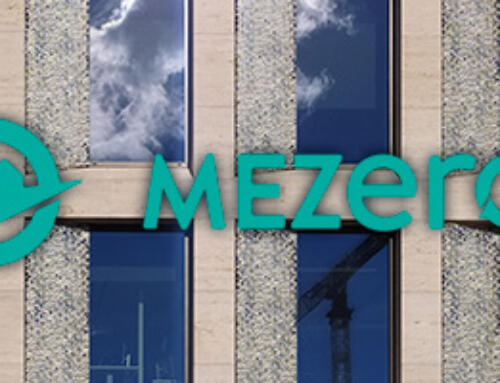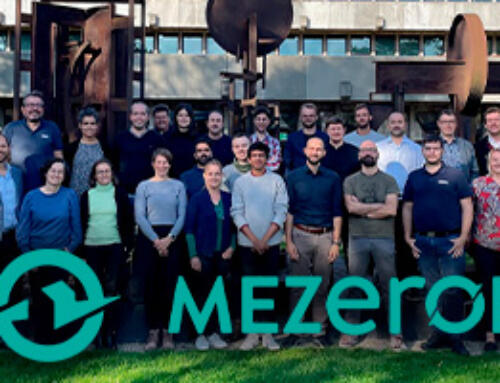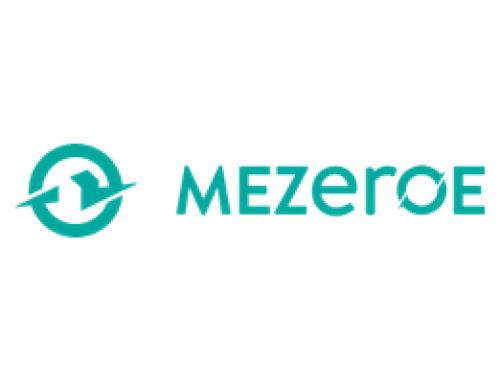Energy efficiency: How much does it matter?
Market data come in two flavors: figures that surprise us because they describe a reality that we were not familiar with, and figures that confirm a perception that we already had. The data I will comment on belongs to the latter group: according to a study by the consulting firm CoHispania, 53.43% of homes that are offered in the Spanish market do not come with an energy certificate.
Until now, we did not know the exact figure with two decimals of precision, but it does fit in well with the probability that, in the window of any Spanish real estate shop, only half of the housing ads report the energy rating. With the law as it stands, this should not be happening, because since the summer of 2013, every dwelling offered for sale or for rental must include an energy efficiency certificate.
 These dwellings will probably end up being certified later, after closing the deal with the future owner or tenant. It would be a move to delay the costs of certification as much as possible (although they often are outrageously low) which has the detrimental effect of excluding the energy efficiency factor from the selection process, making it irrelevant.
These dwellings will probably end up being certified later, after closing the deal with the future owner or tenant. It would be a move to delay the costs of certification as much as possible (although they often are outrageously low) which has the detrimental effect of excluding the energy efficiency factor from the selection process, making it irrelevant.
We can draw a warning message from all this: from the point of view of the Spanish end user, energy rating is still a non-issue, even after almost nine years of operation of the certification system. But it would be unfair to blame the user for that; after all, users can not be expected to behave too differently from the marketers that are dodging the matter, or from the administration itself, which is not rewarding efficiency convincingly enough.
Now that the Spanish building sector is getting ready for the so-called “European wave of renovation” driven by Next Generation funds, we should reflect on how eager the demand is to seize this opportunity. Given the poor experience with the efficiency certification scheme, we would be fooled if we took it for granted that the Spanish public is highly motivated to renovate their homes to reduce energy demand.
Fortunately, there are powerful, widely-known arguments to overcome these reluctances. Not to mention that there is no shortage of motivation on the supply side: designers, builders and suppliers of materials seem clearly willing to move their core business away from new construction to make room for a higher involvement in the renovation market. After all, this is the trend in the rest of Europe, where 47% of building output comes from new construction and the remaining 53% from renovation. In ITeC we have already fully assumed that renovation will be the next driver, and our products are ready to be meaningful and competitive not only for new construction but also for renovation, maintenance, and the rest of the life cycle. It is our contribution to facilitating the process for efficient buildings to come into the limelight.
Share this information
Are you a player in the construction sector?
- Do you want to keep track of the latest developments in our sector?
- Do you want to attend to webinars, seminars and conferences?
- Do you want to access the most comprehensive construction database in Spain?
- Do you want to learn new technology skills?
- Do you want to benefit from exclusive promotions?
Be part of ITeC
And enjoy the latest developments in the construction sector.
- Sustainability
- Digitization
- Innovation
- Work methodologies














